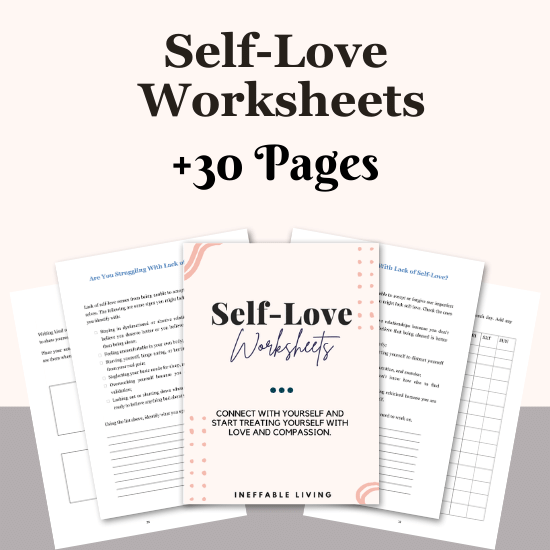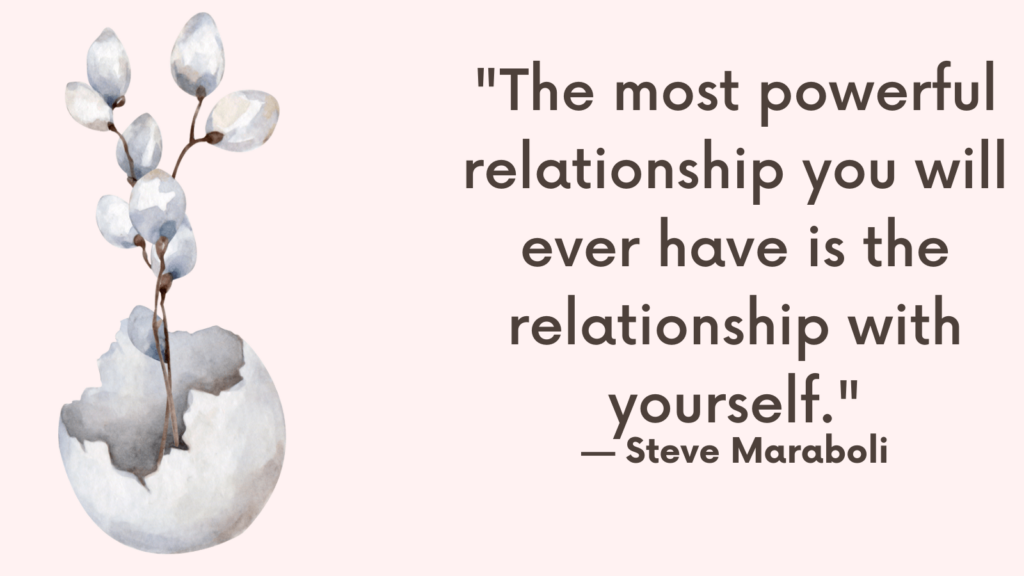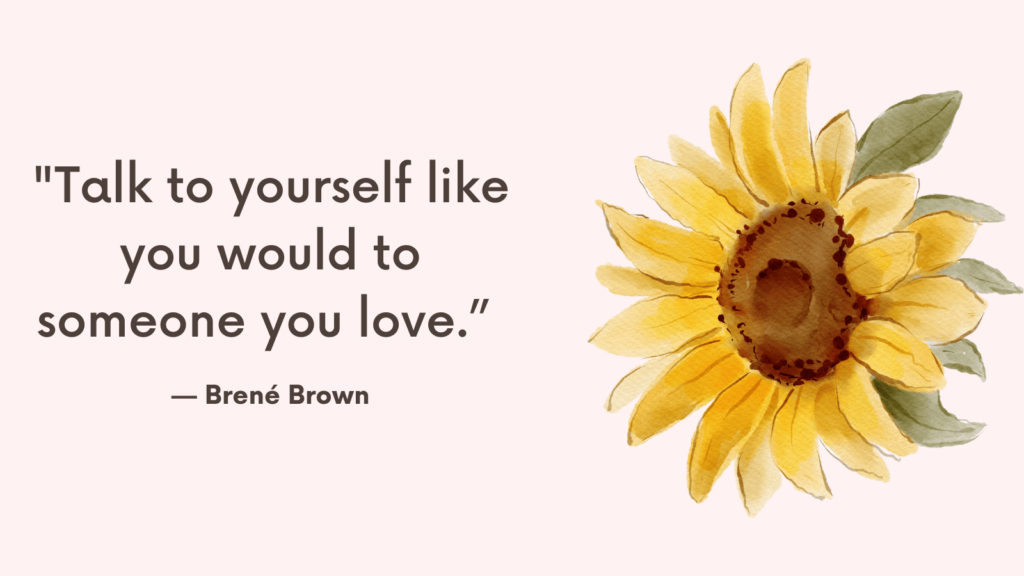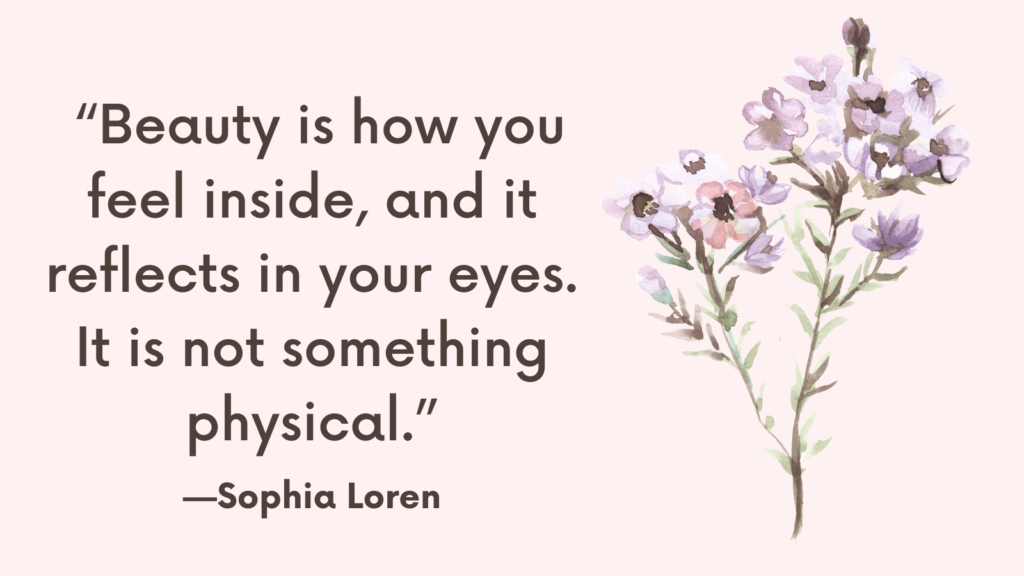Comparing ourselves to others is a natural tendency, but it can have detrimental effects on our mental health and overall well-being.
Many people struggle with feelings of inadequacy, low self-esteem, and dissatisfaction because they constantly measure their worth against others.
In this blog post, we’ll explore why comparison is so harmful, three key reasons it lets us down, and practical steps to break free from the comparison trap and cultivate a healthier, more fulfilling life.
Why Comparison Hurts?
Comparison can manifest in two main ways: comparing ourselves to those who we perceive as better and comparing ourselves to those we perceive as worse.
Both forms of comparison are damaging in different ways.
When we compare ourselves to those we believe are better, we often feel inadequate and unworthy.
On the other hand, when we look down on others to boost our self-esteem, it provides only a temporary sense of superiority that is rooted in insecurity and ultimately unfulfilling.
Research has shown that comparison contributes to a wide range of mental health issues, including:
- Eating disorders
- Low self-esteem
- Depression
- Anxiety
- Social anxiety
- Body dissatisfaction
- Jealousy
- Narcissism
- Perfectionism
(source)
It can also lead to problematic behaviors such as overspending to “keep up with the Joneses.”
A study found that when someone in a neighborhood won the lottery, their neighbors began making big purchases they couldn’t afford. (source)
In essence, comparison is a game that no one wins.
Related: Best 10 Tips On How To Stop Envying Others
Three Reasons Why Comparison Lets Us Down
1. Comparison is a Brain Shortcut and a Blind Spot
Our brains are wired to take shortcuts to process information quickly.
However, these shortcuts often lead to distorted perceptions and blind spots.
When we compare ourselves to others, we engage in selective focus, highlighting what we don’t like about ourselves and noticing only the people who appear better.
This selective filtering reinforces our negative beliefs about ourselves and ignores the full picture.
For instance, you might think, “Everyone is skinnier than me,” while ignoring the many people who are of similar or different body types.
We also tend to compare our internal experiences with the external appearances of others, forgetting that we don’t see their struggles and insecurities.
Example: You might envy a colleague who seems exceptionally successful at work, not realizing they struggle with personal issues or have faced numerous challenges to get where they are.
To counteract this, it’s essential to recognize that our comparisons are often based on incomplete information.
Related: The Process Of Turning Inward In 6 Simple Steps (Turn FOMO Into JOMO)
2. Outsourcing Your Identity
When we base our self-worth on comparison, we effectively outsource our identity.
This means we allow external factors and other people’s achievements to determine our value.
This external locus of control leads to a sense of helplessness and instability because our self-worth fluctuates based on external circumstances.
Instead, it’s crucial to develop an internal locus of control, where your sense of worth is based on your inherent value and alignment with your personal values.
Your worth is not dependent on being better than others; it is inherent and constant.
Exercise: Reflect on your core values and write them down. Ask yourself how you can live in greater alignment with these values each day.
Related: How To Start A Self Love Journey? Top 10 Powerful Ways to Love Yourself More
3. Comparison Leads to Isolation and Drama
Comparison fosters a scarcity mindset, where we believe there is not enough success, happiness, or love to go around.
This mindset pits us against others, creating a sense of competition and isolation.
Instead of fostering connection and community, comparison leads to feelings of envy, resentment, and disconnection.
Healthy relationships are built on abundance and cooperation, not competition.
By shifting our focus from competing with others to connecting with and supporting them, we can cultivate more meaningful and fulfilling relationships.
Example: Instead of feeling jealous of a friend’s success, celebrate their achievements and use their journey as inspiration for your own growth.
Related: Top 10 Social Withdrawal Signs — & How To Social Isolation? (Hikikomori Syndrome)
How to Stop Comparing Yourself to Others?
1. Catch and Challenge Your Comparison Thoughts
The first step to breaking free from comparison is to become aware of when and how you compare yourself to others.
Pay attention to the situations and thoughts that trigger these comparisons.
Exercise: Keep a journal to track your comparison thoughts. Write down the situations where you most often compare yourself to others and the specific thoughts that arise. Challenge these thoughts by reminding yourself that comparisons are often based on incomplete information and cognitive distortions.
Related: How To Stop Self-Critical Thoughts Using These Top 10 Techniques
2. Limit Social Media Use
Social media can fuel comparison by presenting a curated and often unrealistic view of other people’s lives.
Limiting your time on social media and unfollowing accounts that trigger negative feelings can help reduce comparison.
Exercise: Take a break from social media for a few days or weeks. Notice how your mood and self-perception change during this time.
3. Focus on Your Values and Goals
Instead of comparing yourself to others, focus on your own values and goals.
Determine what is truly important to you and take steps to live in alignment with these values.
Exercise: Create a vision board or list of your core values, goals, and accomplishments. Use this as a daily reminder to focus on your own path rather than comparing yourself to others.
4. Practice Gratitude
Cultivating a gratitude practice can shift your focus from what you lack to what you have.
This mindset shift can help reduce feelings of inadequacy and promote a sense of abundance.
Exercise: Each day, write down three things you are grateful for. Reflect on how these positive aspects of your life contribute to your overall well-being.
Related: Top 10 Exercises to Cultivate an Attitude of Gratitude
5. Celebrate Others’ Successes
Instead of feeling envious of others’ achievements, celebrate their successes.
Recognize that someone else’s success does not diminish your own potential or worth.
Exercise: When you notice someone achieving something great, take a moment to congratulate them and express genuine happiness for their success.
6. Build Stronger Connections
Fostering genuine connections with others can reduce feelings of isolation and competition.
Focus on building relationships based on mutual support and understanding.
Exercise: Reach out to friends or family members and spend quality time together. Engage in activities that promote connection and shared experiences.
Related: How to Deal with Unsupportive Family?

Conclusion
Comparison is a natural but ultimately unfulfilling habit that can harm your mental health and well-being.
Remember, your worth is inherent and not dependent on being better than others.
Embrace your unique journey and celebrate the successes of those around you, knowing that there is enough happiness, success, and love to go around for everyone.



